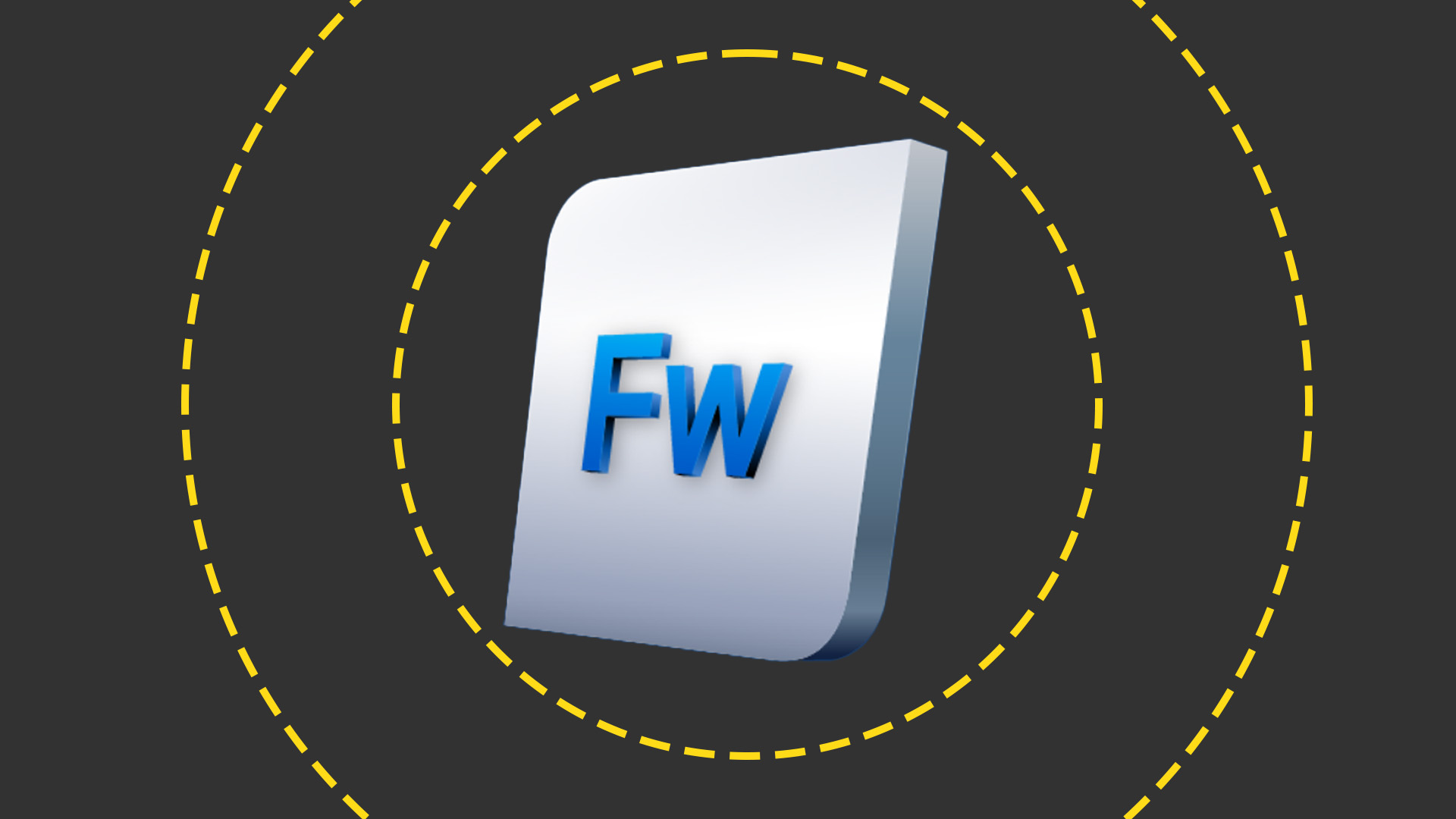Facebook spammer ordered to pay millions in damages
A US court sends out a message that criminal spammers will face huge penalties if caught.

A Facebook spammer has been ordered to pay $873 million (579 million) in damages for sending users millions of unwanted messages.
Director of security Max Kelly revealed on the Facebook blog that after a San Jose court proceeding lasting four months, a judge awarded the damages against Adam Guerbuez and Atlantis Blue Capital.
It was the largest award made to date under the Controlling the Assault of Non-Solicited Pornography and Marketing Act' (CAN-SPAM). According to reports, Guerbuez tricked users into revealing passwords and usernames, using the information to gain access to their personal profiles.
Facebook alleged that he sent out more than four million messages. Kelly said that it was unlikely that Guerbuez and Atlantis Blue Capital could ever honour the judgement and pay the fine, but that the award acted as a deterrent to anybody who abused Facebook and its users.
Kelly said: "The judgement is a result of the tireless effort of our security experts, legal team and the other significant resources we've devoted to finding, exposing and prosecuting the sources of spam attacks.
"These efforts complement the sophisticated technical systems we continue to develop to limit the impact of these attacks or block them together.
Carole Theriault of Sophos warned that spam via social networks like Facebook was only possible about protecting their usernames and passwords. Phishing attacks which had previously been largely targeted at online bank customers were now being targeted at the users of these websites.
Sign up today and you will receive a free copy of our Future Focus 2025 report - the leading guidance on AI, cybersecurity and other IT challenges as per 700+ senior executives
She said: "Hackers are keen to steal the usernames and passwords of Facebook users as it makes it easier for them to spam out convincing messages to a victim's circle of friends.
"You should not only choose a complex hard-to-guess password for these sites, but also defend your computer with up-to-date anti-virus software and security patches."
-
 Everything you need to know about Google and Apple’s emergency zero-day patches
Everything you need to know about Google and Apple’s emergency zero-day patchesNews A serious zero-day bug was spotted in Chrome systems that impacts Apple users too, forcing both companies to issue emergency patches
-
 Ronald Richardson to lead Leaseweb’s global commercial strategy
Ronald Richardson to lead Leaseweb’s global commercial strategyNews The experienced executive has been named Leaseweb’s new CRO as the IaaS provider embarks on the next phase of its growth journey
-
 Ransomware victims are getting better at haggling with hackers
Ransomware victims are getting better at haggling with hackersNews While nearly half of companies paid a ransom to get their data back last year, victims are taking an increasingly hard line with hackers to strike fair deals.
-
 96% of SMBs are missing critical cybersecurity skills – here's why
96% of SMBs are missing critical cybersecurity skills – here's whyNews The skills shortage hits SMBs worse as they often suffer from a lack of budget and resources
-
 Sophos Firewall Virtual review: Affordable network protection for those that like it virtualized
Sophos Firewall Virtual review: Affordable network protection for those that like it virtualizedReviews Extreme network security that's cheaper than a hardware appliance and just as easy to deploy
-
 MSPs are struggling with cyber security skills shortages
MSPs are struggling with cyber security skills shortagesNews A shortage of tools and difficulties keeping pace with solutions were also ranked as key issues for MSPs
-
 Nearly 70 software vendors sign up to CISA’s cyber resilience program
Nearly 70 software vendors sign up to CISA’s cyber resilience programNews Major software manufacturers pledge to a voluntary framework aimed at boosting cyber resilience of customers across the US
-
 Sophos and Tenable team up to launch new managed risk service
Sophos and Tenable team up to launch new managed risk serviceNews The new fully managed service aims to help organizations manage and protect external attack surfaces
-
 Ransomware groups are using media coverage to coerce victims into paying
Ransomware groups are using media coverage to coerce victims into payingNews Threat actors are starting to see the benefits of a more sophisticated media strategy for extracting ransoms
-
 Shrinking cyber attack “dwell times” highlight growing war of attrition with threat actors
Shrinking cyber attack “dwell times” highlight growing war of attrition with threat actorsNews While teams are becoming more proficient at detecting threats, attackers are augmenting their strategies